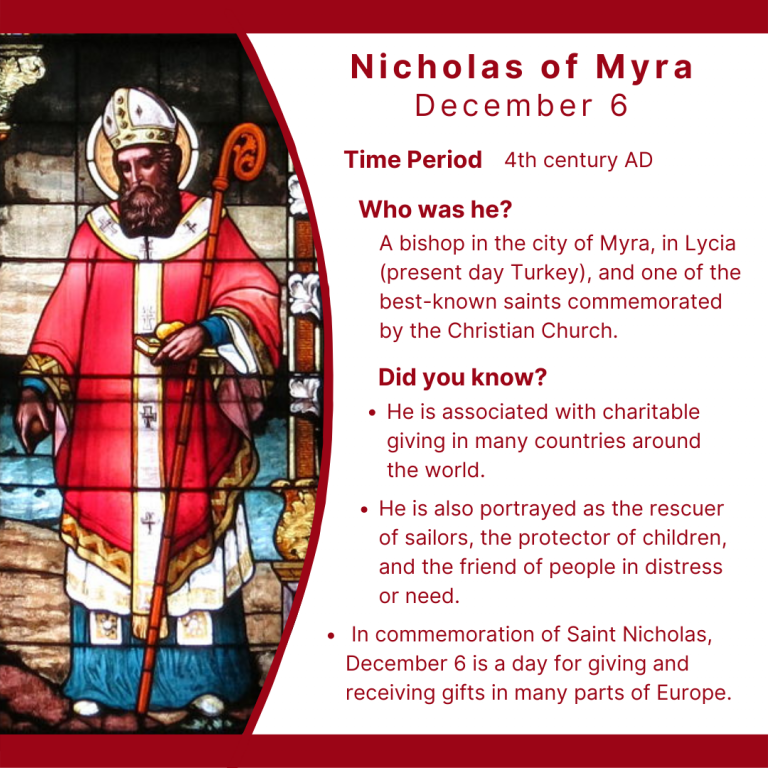Back to the Catechism: Confession
This article reflects on the section of Luther’s Small Catechism dealing with the Sacrament of Holy Baptism. Read the relevant portion online in contemporary English here.
The Word of Absolution
by Edward G. Kettner

Confession and Absolution. Woodcut from the 1558 edition of Luther’s Small Catechism.
Usually when Lutherans think about “confession” they think of the general order of confession as it occurs in our orders of Holy Communion. When thinking of private confession, their thoughts might gravitate to the Roman Catholic idea, perhaps even calling to mind the image of the confessional booth. Tied with the Roman idea is the concept of “doing penance,” that is, performing “works of satisfaction” which are deemed necessary to complete the work of setting us right with God.
For Luther, confession exists for the sake of the absolution. Luther recognized the importance of giving God’s people the assurance of the forgiveness of sins, since life and salvation are founded on the gift of the forgiveness of sins. He saw that Jesus Himself wanted people to have that assurance. Therefore the spoken word of forgiveness actually gives Christ’s forgiveness to His people. When Christ gives His Church the power to forgive sins on earth, the word of absolution unlocks the gates of heaven for the sinner. When it is necessary to tell people that because of their impenitence their sins have been retained, the gates of heaven remain locked to them until they repent and then receive absolution. This is known as the Office of the Keys. The keys are given to Peter (on the basis of his confession, and by extension then to all of the apostles) in Matthew 16:19, to all of the disciples present in the Upper Room on Easter evening in John 20:21-23, and to the Church as a whole in Matthew 18:18.
Since the Office of the Keys was given to the entire Church, all Christians can bring the Gospel to troubled consciences and can let people know that Christ died for them and that their sins are forgiven. At the same time, Christ also created the office of public ministry to administer Word and Sacrament, to announce forgiveness to the people of the Church in Christ’s place. The Office of Ministry exists for the sake of the people of God. Thus the Office of the Keys is given to the Church and exercised publicly by the called ministers of the Church.
Luther knew that repentance and forgiveness must be tied together. Confession exists for the sake of the absolution. Luther recognized that sins could be confessed directly to God (as he instructs us to do in his evening prayer), and also to one’s fellow Christians. Yet he also knew the human conscience, and knew that many times particular sins may trouble us, even if they have been confessed in the heart to God. Thus it helps us to hear the word of absolution come to us from outside of us, to strike our ears, and to assure us that Christ’s promise is indeed for us.
Luther knew the human conscience, and knew that many times particular sins may trouble us, even if they have been confessed in the heart to God. Thus it helps us to hear the word of absolution come to us from outside of us, to strike our ears, and to assure us that Christ’s promise is indeed for us.
This happens in the general absolution on Sunday morning. Our confession includes an expression of sorrow for the sins we have committed and includes a plea for mercy from God and an expression of faith that God will be merciful to us for the sake of Christ. Then upon that confession, the pastor—standing in the place of Christ and acting according to His command—forgives the sins of those who repent and confess.
Since sins are confessed based on contrition and faith, absolution is pronounced unconditionally; there is no need to add words like “if you truly repent,” since the penitent has already stated that. To add such a condition could create uncertainty in the mind of the penitent, causing them to ask, for example, if they are penitent enough. Absolution is meant to give assurance, not to raise doubts.
It is particularly beneficial, when troubled by sins, to go to your pastor and confess your sins in private, so that you may hear the word of absolution pronounced regarding the specific sins that trouble you. Examine your life, especially according to your station in life, that is, your vocation, and you will discover much to confess!
What if the sinner in the midst of the congregation recites the words but is not truly penitent? What if they prefer their sin to Christ’s forgiveness? The absolution is still valid, since Christ died for the sinner and atoned for the sin. Lack of penitence and faith, however, means that they have not received what was won for them. This brings us to the second part of the office of the keys. Christ tells His disciples that whosoever sins they retain, they are retained. If one refuses to repent of their sins, it is the duty of the pastor to declare to the impenitent that their sins remain, and that unless they repent of them they will perish. These are hard words, but for the sake of the sinner they must be spoken.
If one refuses to repent of their sins, it is the duty of the pastor to declare to the impenitent that their sins remain, and that unless they repent of them they will perish. These are hard words, but for the sake of the sinner they must be spoken.
The word of absolution is the word of Good News spoken to the troubled heart. Hear those words, and be assured that you are hearing Christ speaking to you!
———————
Rev. Dr. Edward G. Kettner is Professor Emeritus of Systematic Theology at Concordia Lutheran Seminary (Edmonton).
This article is the fifth in a series exploring the six chief parts of Luther’s Small Catechism. See them all (as they are published) here.



